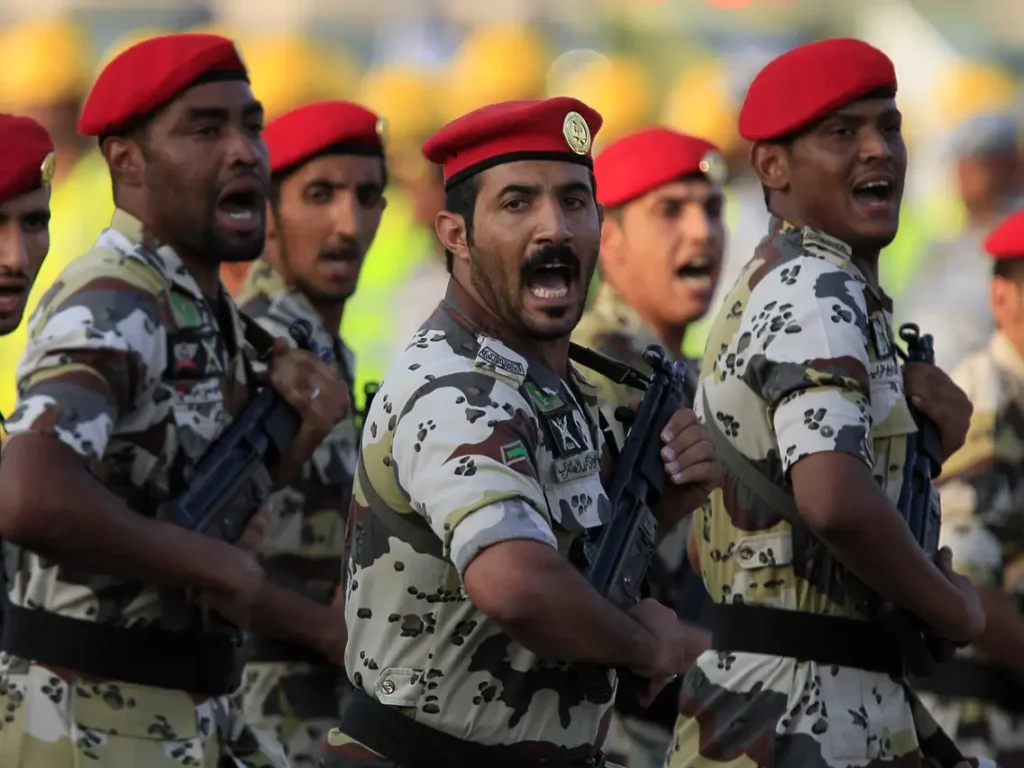
The Consequences of Military Intervention in the Unstable Middle East
The Middle East has long been a region of instability, plagued by conflicts and political unrest. In recent years, military intervention by various global powers has only exacerbated the situation, leading to dire consequences for both the region and the world at large.
One of the primary consequences of military intervention in the Middle East is the loss of civilian lives. Whether through direct attacks or collateral damage, innocent men, women, and children have suffered the brunt of these interventions. The chaos and violence that ensue from military action often result in widespread displacement and the destruction of vital infrastructure, further exacerbating the suffering of the local population.
Another consequence of military intervention is the rise of extremist groups. The power vacuum created by the removal of authoritarian regimes leaves space for radical ideologies to take hold. We have witnessed the emergence of groups like ISIS, which have wreaked havoc not only in the Middle East but also in other parts of the world. These groups exploit the grievances of the local population and use military intervention as a recruitment tool, further perpetuating the cycle of violence and instability.
The economic consequences of military intervention in the Middle East are also severe. The region is rich in natural resources, particularly oil, and any disruption to its production and distribution has global implications. The instability created by military intervention leads to fluctuating oil prices, which affect economies worldwide. Moreover, the cost of military operations and the subsequent need for humanitarian aid divert resources from other important areas such as education, healthcare, and infrastructure development.
Furthermore, military intervention often leads to strained diplomatic relations between nations. The complexities of the Middle East, with its diverse religious and ethnic groups, make finding a solution to the region’s problems a challenging task. Different global powers have vested interests in the region, leading to geopolitical tensions and conflicts of interest. These tensions not only hinder efforts to establish peace but also widen the divide between nations, further fueling the cycle of violence and instability.
The Way Forward
It is evident that military intervention in the Middle East has far-reaching consequences. To address these challenges, a comprehensive approach is required.
Firstly, diplomatic solutions should be prioritized over military action. Dialogue and negotiation must be the primary tools used to resolve conflicts and bring stability to the region. The international community should work collectively to support peaceful resolutions and encourage the involvement of all relevant stakeholders.
Secondly, there must be a focus on addressing the root causes of instability in the Middle East. This includes addressing socio-economic disparities, promoting good governance, and fostering inclusive societies. By tackling these underlying issues, the appeal of extremist ideologies will diminish, and stability can be restored.
Lastly, investment in development and reconstruction is crucial. The international community should allocate resources towards rebuilding infrastructure, providing humanitarian aid, and supporting economic growth in the region. This will not only benefit the Middle East but also contribute to global stability and security.
Conclusion
Military intervention in the unstable Middle East has severe consequences that affect both the region and the world at large. It results in loss of civilian lives, fuels the rise of extremist groups, disrupts the global economy, and strains diplomatic relations. To address these challenges, a comprehensive approach that prioritizes diplomacy, addresses root causes, and invests in development is necessary. Only through concerted efforts can we hope to bring lasting peace and stability to the Middle East.
Have a query? Contact Us
